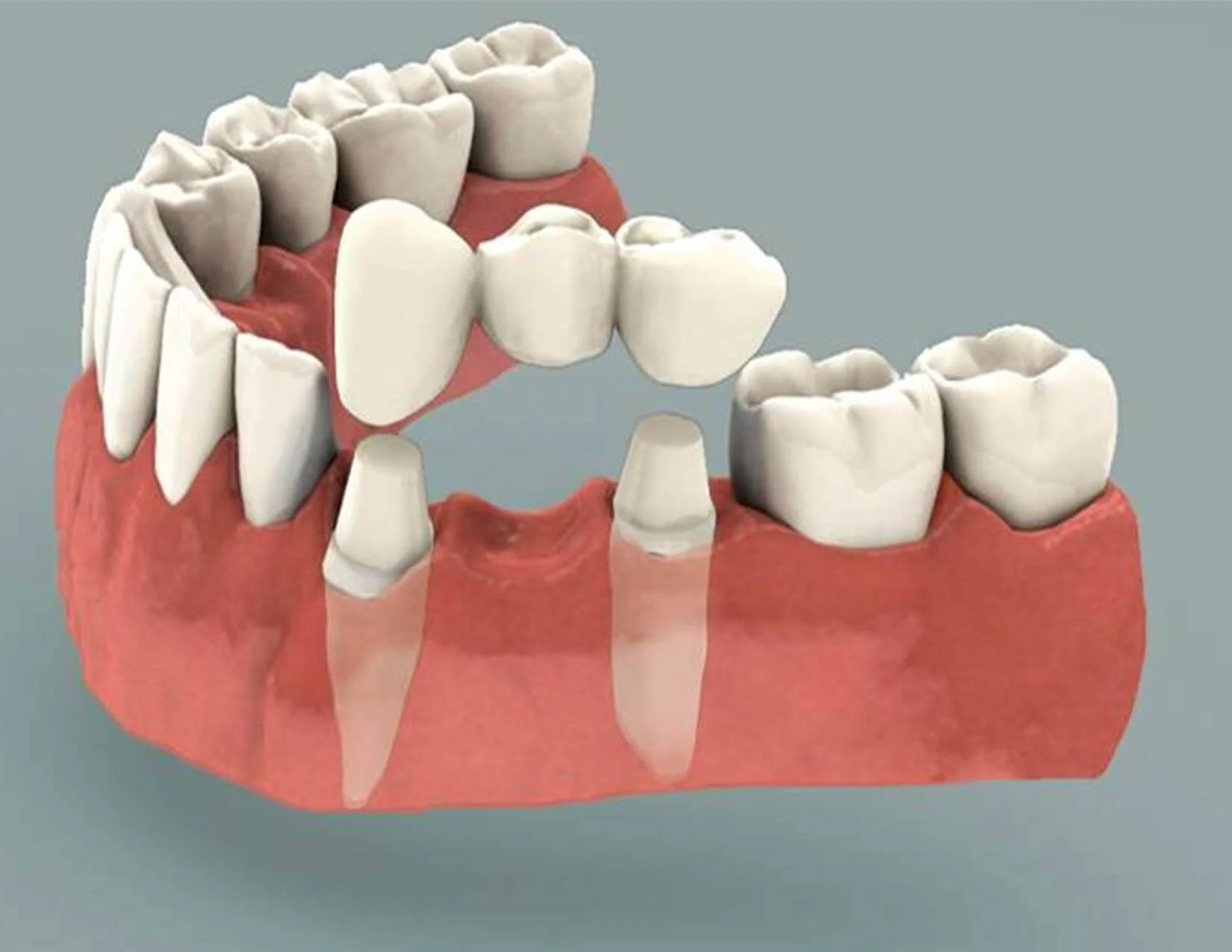Dental bridges are a reliable solution for replacing missing teeth and maintaining oral health. They play a crucial role in restoring the function of biting and chewing, offering a time-tested alternative to dentures. While dental implants are a modern option for tooth replacement, the dental bridge in Oceanside remains an effective and comfortable choice, particularly for those seeking a reliable alternative.
Teeth can be lost for various reasons, including decay, injury, or congenital issues. A missing tooth may not only impact your appearance but can also lead to more serious health concerns like gum disease and bone loss. An Oceanside dental bridge fills this gap, improving both your smile and your overall oral health.
A dental bridge typically consists of one or more prosthetic teeth, which are anchored by crowns placed on the adjacent natural teeth, known as abutment teeth. These abutment teeth are essential in securely holding the bridge in place. Crafted from durable porcelain, dental bridges are customized to blend seamlessly with your natural teeth, creating a look that’s both functional and aesthetically pleasing.
Before placing a dental bridge, the abutment teeth must be prepared. This involves slightly reducing the size of these teeth to accommodate the crowns. Once this preparation is complete, a dental impression is taken to create a custom-made bridge in a specialized lab.
When the bridge is ready, it’s cemented securely onto the abutment teeth. After placement, it’s essential to maintain proper care by brushing and flossing around the bridge to prevent plaque buildup and cavities in the surrounding teeth.
There are several types of dental bridges, each with unique features:
- Traditional Cantilever Bridge: Often used for front teeth, this bridge places less strain on natural teeth and offers added stability.
- Maryland Bonded Bridge: Featuring metal or porcelain wings, this bridge is ideal in specific cases where a more conservative approach is necessary.
- Resin-Bonded Esthetic Bridge: This type uses softer materials, reducing the likelihood of damaging natural teeth.
In addition to these, an inlay-retained bridge also uses abutment teeth to support the pontic, though it is less commonly used due to a higher failure rate and more sensitive care requirements. Studies have shown increased stress at the junction between the bridge and abutment teeth, which can impact durability under real-life chewing forces.
At Grace Dental, we provide top-quality care for all your dental bridge needs. Our team ensures high standards of clinical competency and full regulatory compliance to deliver the best results for our patients. If you’re considering a dental bridge, contact us at (760) 653-8338 to schedule your consultation and take the first step toward a healthier, more confident smile.






